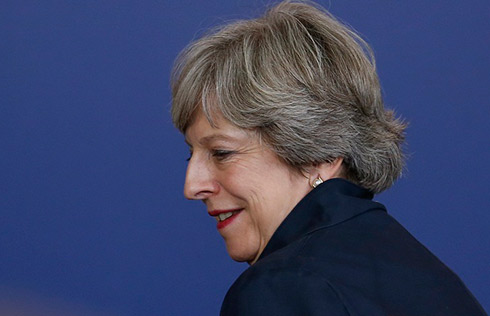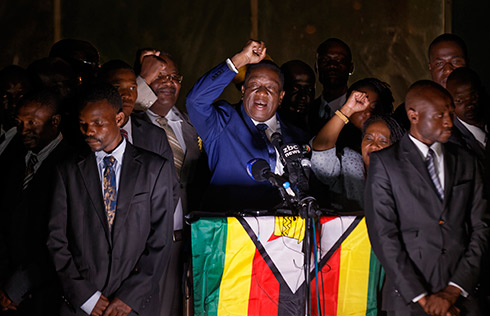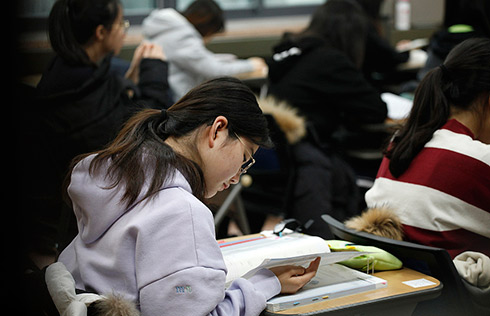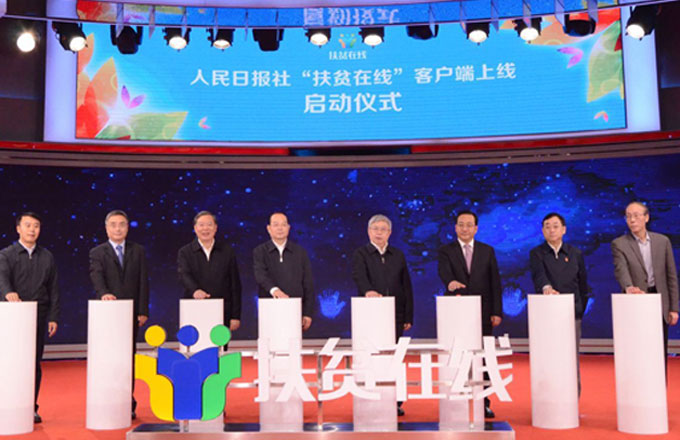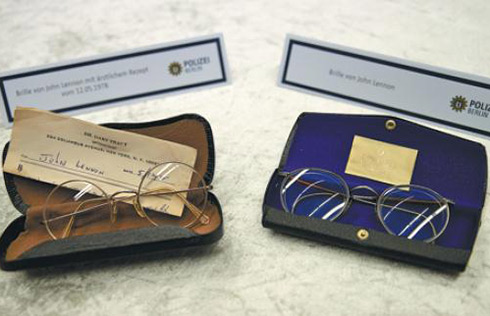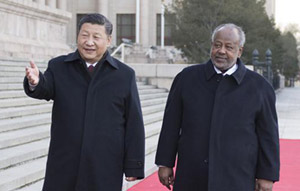Most powerful battery within reach
BERLIN - The German energy provider EWE and scientists from the Friedrich-Schiller University in Jena said on Thursday that they have made progress in their plans to build the world's most powerful battery.
The joint "brine4power" project aims to make use of underground salt caverns to store energy within the next six years. It's hoped that saltwater brine and electrically charged synthetic particles will transform the subterranean cavities into giant batteries by applying a principle known as Redox-Flow.
The team behind the "brine4power" has now presented encouraging intermediary results of their work to press in Berlin.
"We have the chance to achieve something really revolutionary and make Germany a battery country again," Ulrich Schubert of the Center for Energy and Environmental Chemistry in Jena said in a statement.
The need for electricity storage arises from the fluctuation nature of renewable energy generated by wind and sun. Although the cost of generating renewable energy has fallen dramatically over the past decade relative to conventional energy sources, there is still a lack of efficient means for providers to manage uneven output.
But "brine4power" wants to contribute to the solution of this issue by creating a Redox-Flow battery with so far unmatched capacity of 700 megawatt hours which could sustain 75,000 households for an entire day.
The project has consequently attracted widespread international attention and was first featured in the prestigious scientific journal Nature last year.
EWE already operates 38 underground salt caverns in four locations across Germany and has identified one of its facility on the North Sea coast as being a particularly suitable site due to its proximity to the offshore wind park Riffgat.
However, EWE's salt caverns are currently still all occupied for use as natural gas storage facilities.
"At the moment, all of our caverns are marketed," project director Ralf Riekenberg said.
Xinhua




